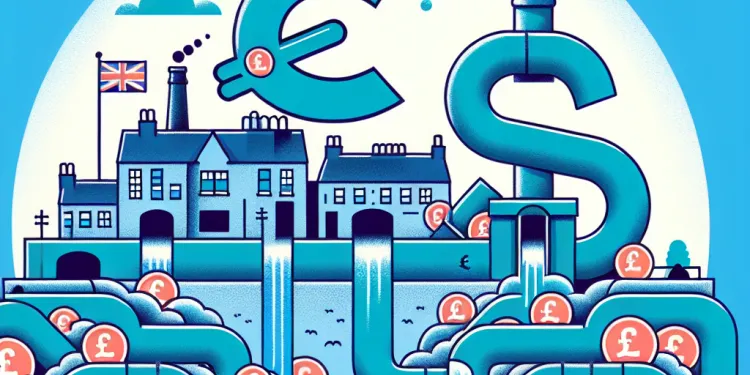
Find Help
More Items From Ergsy search
-
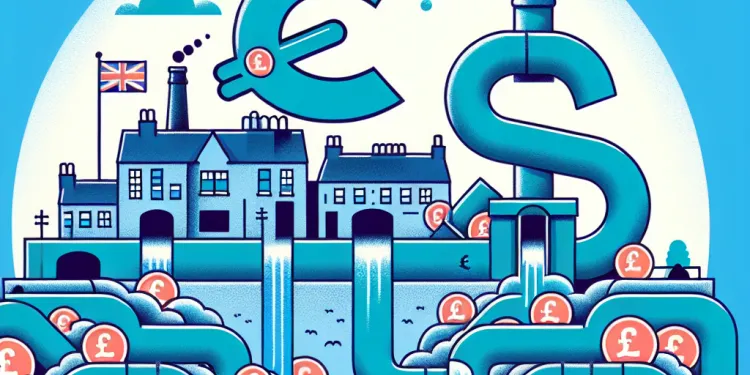
Which UK areas are most affected by sewage pollution?
Relevance: 100%
-
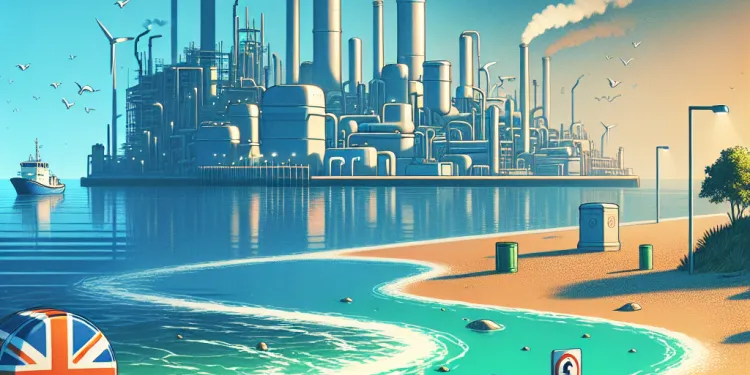
What causes sewage pollution on UK beaches?
Relevance: 81%
-
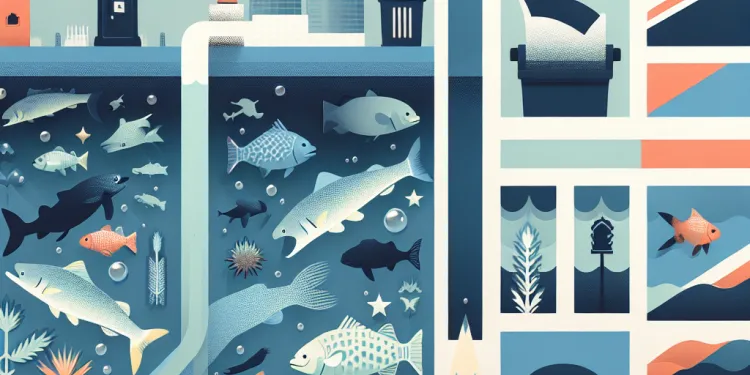
Can sewage pollution impact marine wildlife?
Relevance: 81%
-
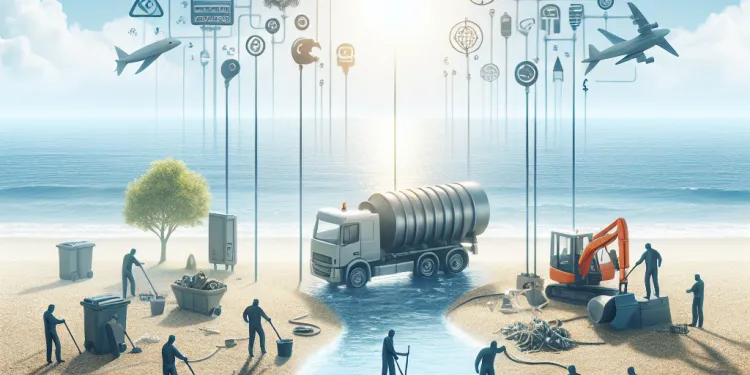
What is being done to address sewage pollution on UK beaches?
Relevance: 80%
-
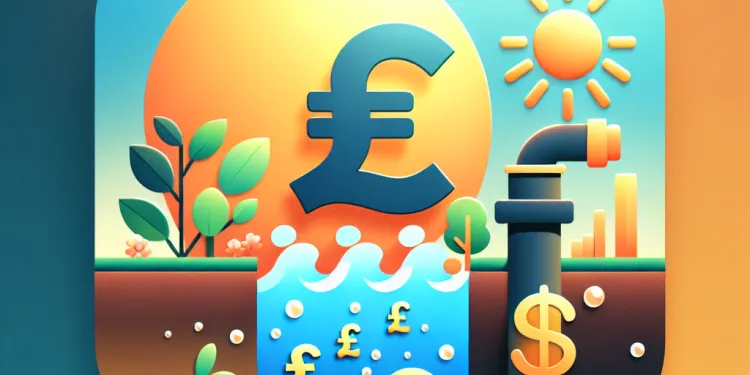
Is climate change affecting sewage pollution levels?
Relevance: 80%
-
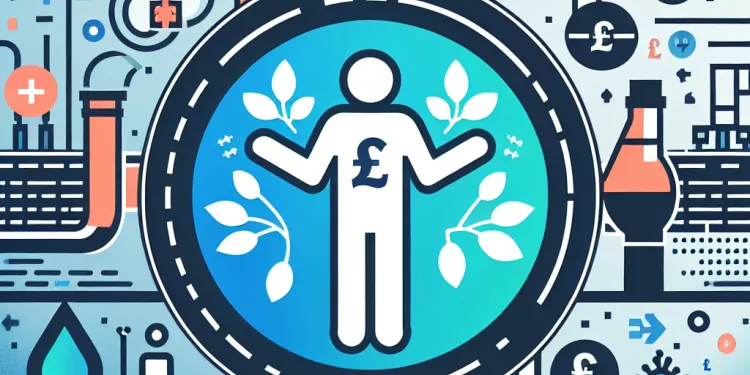
How does sewage pollution affect public health?
Relevance: 79%
-
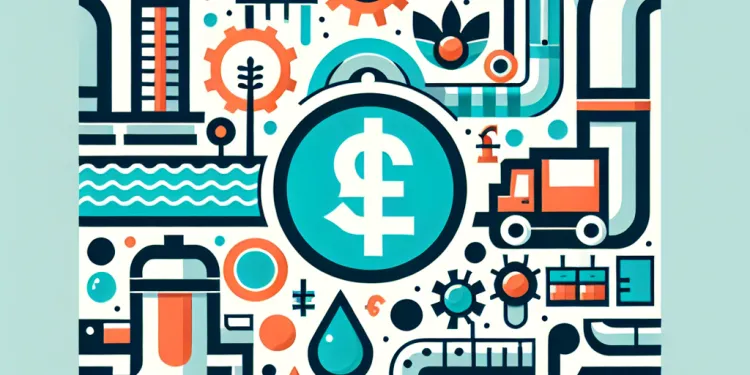
What agencies monitor and regulate sewage pollution in the UK?
Relevance: 78%
-
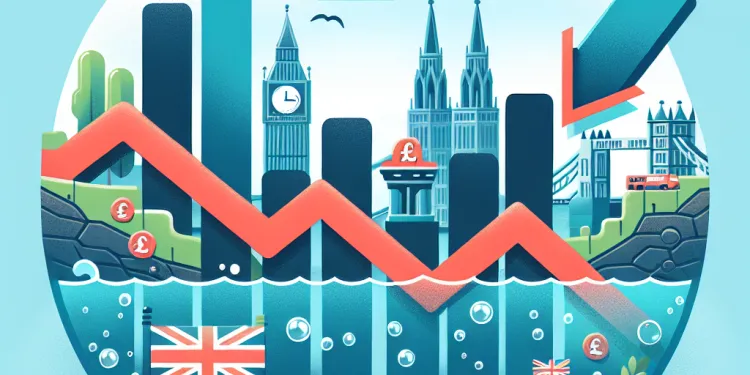
Has sewage pollution in the UK improved over recent years?
Relevance: 77%
-
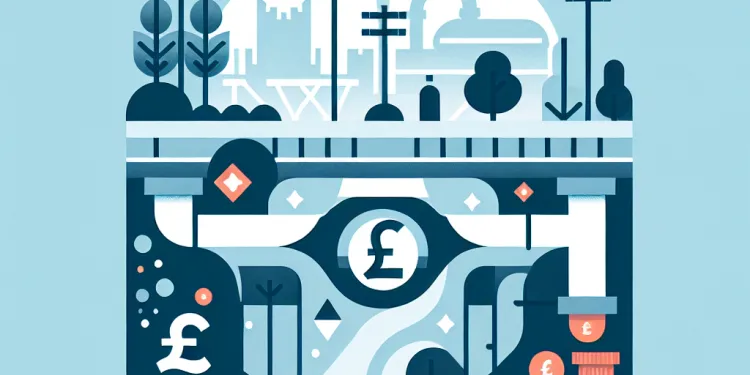
What role do water companies play in sewage pollution?
Relevance: 76%
-
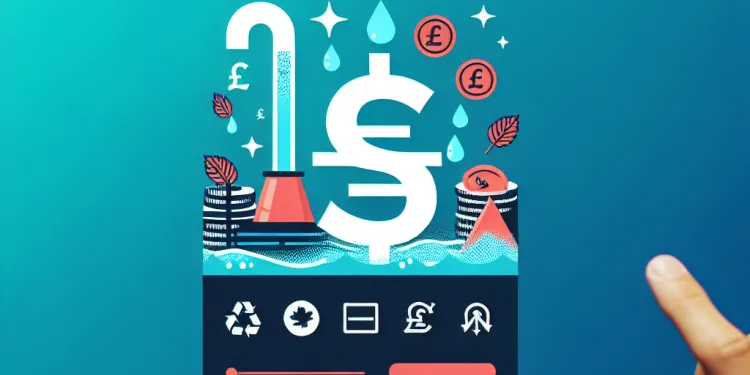
How can individuals help reduce sewage pollution?
Relevance: 75%
-
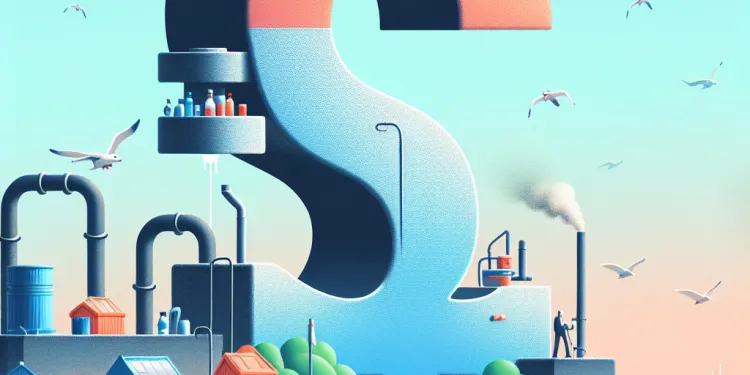
How can the public find out if a beach has sewage pollution?
Relevance: 72%
-
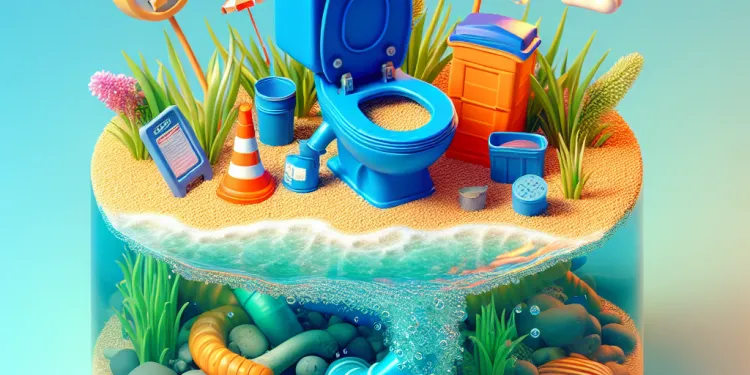
Is sewage a problem on UK beaches?
Relevance: 70%
-
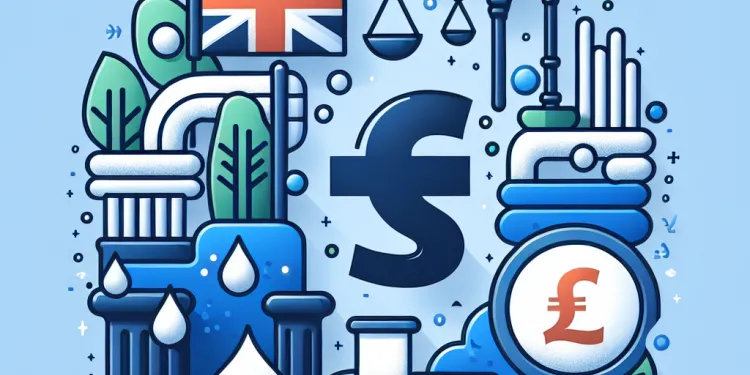
Are there legal guidelines for sewage discharge into UK waters?
Relevance: 57%
-
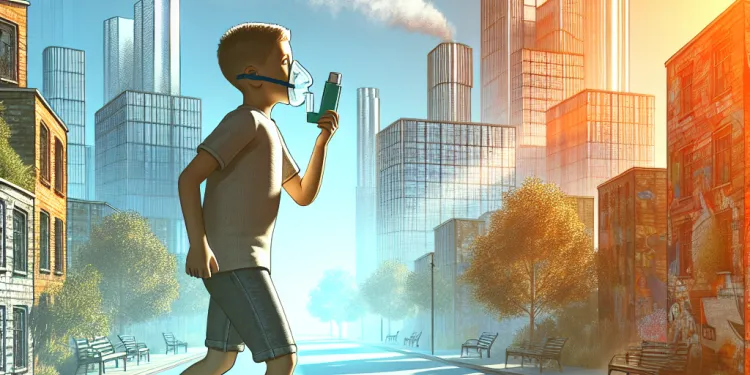
Rise in Childhood Asthma Linked to Air Pollution in Urban Areas
Relevance: 54%
-

What are some common pollutants that affect asthma sufferers in urban areas?
Relevance: 51%
-

Where can I find information on air pollution and its effect on Asthma for my local area?
Relevance: 51%
-

Where can I find research studies on air pollution and asthma in my area?
Relevance: 50%
-
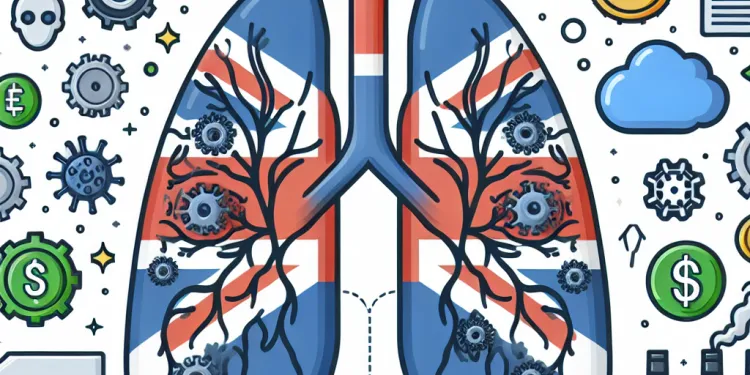
Air Pollution and Lung Cancer
Relevance: 44%
-
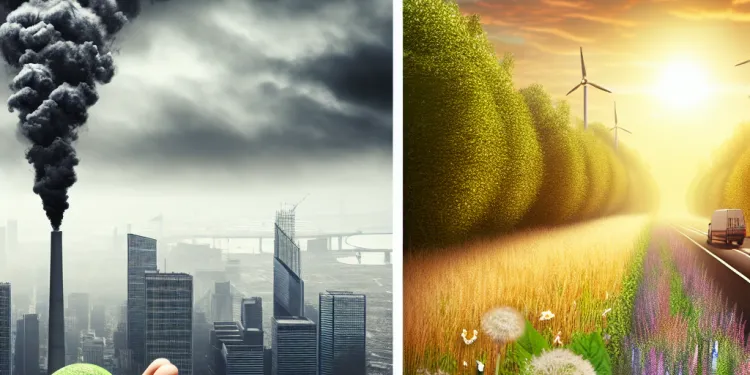
How does air pollution affect asthma?
Relevance: 40%
-

Is hay fever more common in urban areas?
Relevance: 40%
-

High Air Pollution Levels Linked to Rising Cases of Respiratory Issues
Relevance: 36%
-

UK Study Links Poor Air Quality to Increased Asthma Cases in Urban Areas
Relevance: 35%
-

How do I check current air quality levels in my local area?
Relevance: 34%
-
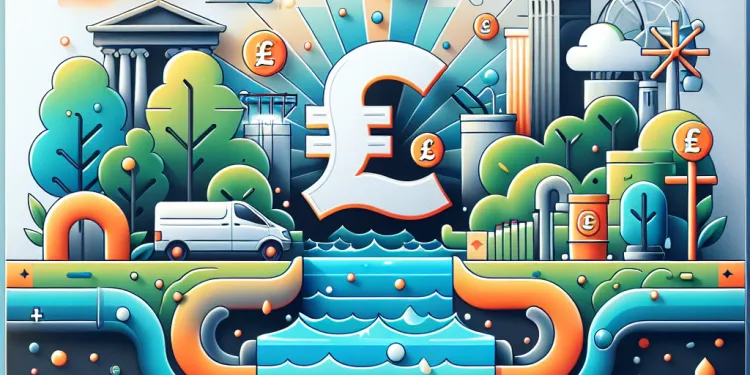
What is a Combined Sewer Overflow (CSO)?
Relevance: 28%
-

How can I reduce my exposure to air pollution if I have asthma?
Relevance: 26%
-

What local organizations provide information on air pollution and asthma?
Relevance: 25%
-

What local organizations provide information on air pollution and asthma?
Relevance: 25%
-

Where can I find general information about air pollution and asthma?
Relevance: 25%
-
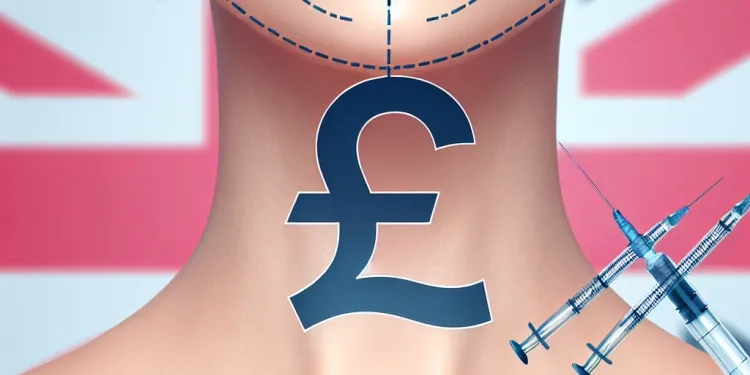
What areas can be treated with Botox?
Relevance: 25%
-
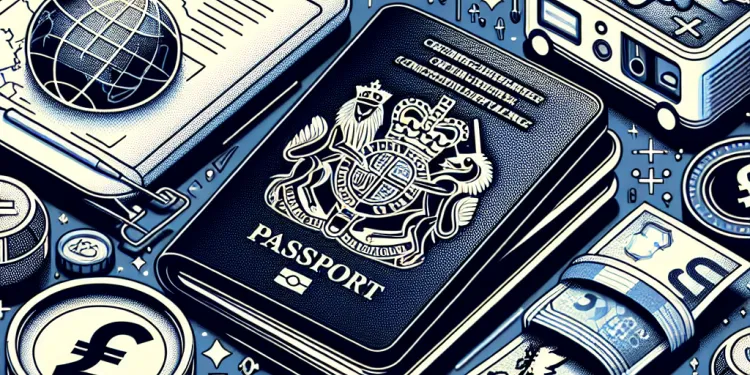
What are the entry requirements for the rest of the Schengen Area?
Relevance: 24%
-

How can I find out if there are any air quality alerts in my area?
Relevance: 23%
-
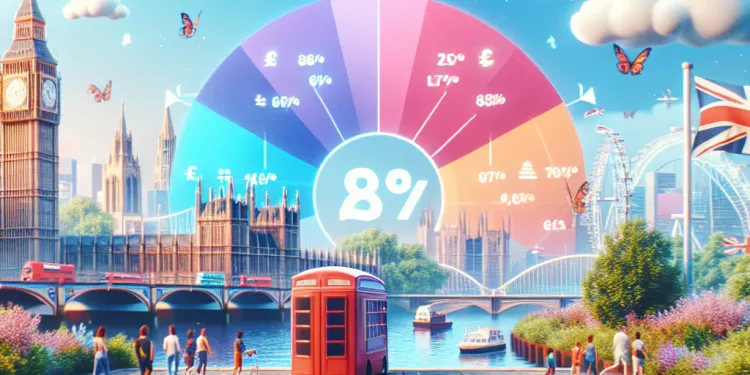
Is UK air quality changing?
Relevance: 23%
-

What should I do if I overstay my 90-day limit in the Schengen Area?
Relevance: 22%
-
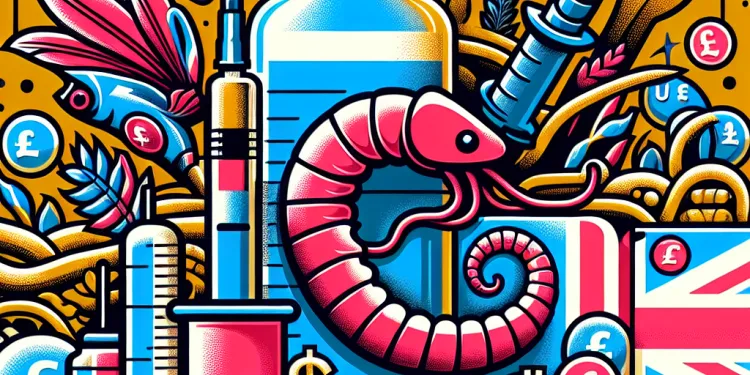
Has the screw worm been eradicated in some areas?
Relevance: 22%
-
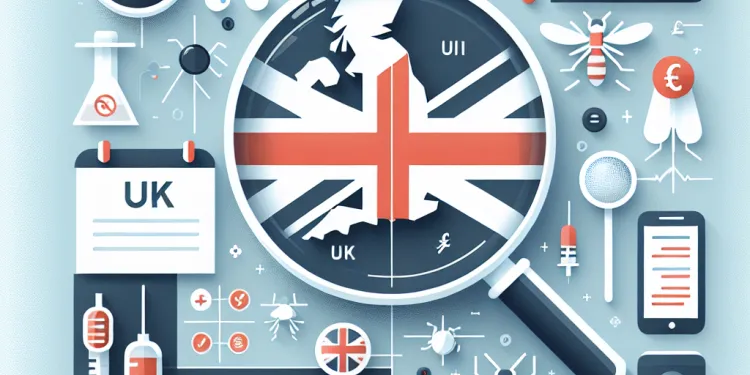
Where can I find the latest updates on Zika virus risk areas?
Relevance: 21%
-
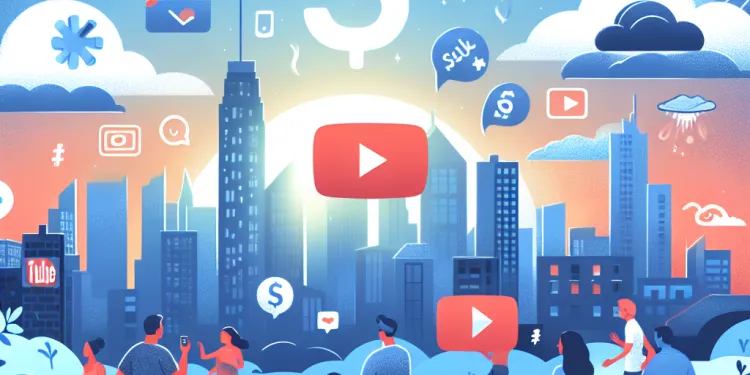
Strategies for Reducing Loneliness and Social Isolation in Urban Areas
Relevance: 21%
-

Study Reveals Disparities in Welfare Support Between Urban and Rural Areas
Relevance: 21%
-

Can gonorrhoea infect areas other than the genital organs?
Relevance: 21%
-
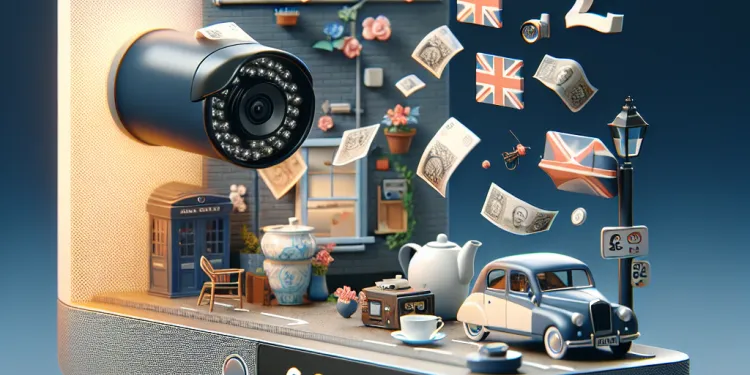
Can I install my own camera to monitor the area in question?
Relevance: 21%
-

How can I check if there is a hosepipe ban in my area?
Relevance: 20%
UK Areas Most Affected by Sewage Pollution
The Impact of Sewage Pollution in Coastal Regions
Coastal regions in the UK face significant challenges with sewage pollution, primarily due to the proximity to bodies of water that serve as natural drainage for relief systems. Areas such as the south coast, including Sussex and Kent, have reported high levels of sewage discharge affecting beaches and local wildlife habitats. The Environmental Agency frequently monitors these coastal areas to manage the quality of bathing waters, which often suffer during heavy rainfall when sewage overflow systems discharge untreated or partially treated sewage into the sea.Effects on Urban Centers and Rivers
Urban centers, especially cities with extensive river networks like London, Manchester, and Birmingham, have older sewage systems that struggle with increased population density and climate change-driven rainfall. The River Thames, for example, is one such water body that has seen multiple sewage overflow events, impacting both aquatic life and recreational usage of the river. Modernization efforts are underway, such as the Thames Tideway Tunnel, aimed at tackling sewage overflow but they are not yet complete.Challenges in Rural and Agricultural Areas
In rural and agricultural regions, such as parts of Norfolk and the Lake District, sewage pollution is often compounded by agricultural runoff, leading to nutrient pollution. Phosphates and nitrates from fertilizers exacerbate the problem of sewage discharge by promoting algae blooms, which deplete oxygen from water bodies and harm local ecosystems. Local councils and environmental groups are working together to implement more stringent controls on agricultural practices and improve sewage treatment facilities to mitigate these effects.Conclusion
Sewage pollution remains a widespread issue across various regions in the UK, affecting coastal areas, urban rivers, and rural environments. Investments in infrastructure modernization, stringent environmental regulations, and community engagement are crucial steps toward reducing this pollution and protecting both human health and the natural environment. As awareness increases, so does the pressure on policymakers and water companies to address these pressing issues with sustainable solutions.UK Areas Most Affected by Sewage Pollution
The Impact of Sewage Pollution in Coastal Regions
Coastal areas near the sea in the UK have big problems because of sewage pollution. This happens when dirty water or waste from toilets ends up in the sea. Places like the south coast, Sussex, and Kent have a lot of this pollution. It affects the beaches and animals that live nearby. The Environmental Agency checks these places often to make sure the water we swim in is safe. But when it rains a lot, the water from the toilets can overflow into the sea without proper cleaning.Effects on Urban Centers and Rivers
Big cities with lots of rivers, like London, Manchester, and Birmingham, have old sewage systems. These systems can't always handle lots of people and heavy rain. This makes rivers like the River Thames dirty when too much sewage gets in. This harms the fish, animals, and people who use the river. Workers are building things like the Thames Tideway Tunnel to help with this problem, but it's not finished yet.Challenges in Rural and Agricultural Areas
Countryside areas and farms, like in Norfolk and the Lake District, have extra problems. Farming can cause more pollution because of chemicals used on crops. These chemicals, like phosphates and nitrates, can make the water unhealthy for fish and plants by causing too much algae. Local groups are working hard to make rules for farms better and improve how we treat sewage, so the water stays clean.Conclusion
Sewage pollution is a big problem in the UK. It affects beaches, city rivers, and countryside areas. Fixing this means we need to upgrade our old systems, have strict rules, and work together as a community. If we all know more about this issue, we can push leaders and water companies to make good changes. **Supportive Tools and Techniques**: Use simple drawings or diagrams to show how pollution happens and can be fixed. Videos or animations can help explain these ideas clearly.Frequently Asked Questions
What are the main causes of sewage pollution in UK waterways?
Sewage pollution typically results from combined sewer overflows (CSOs), which occur when heavy rainfall overwhelms sewer systems, causing untreated sewage to flow into rivers and seas.
Which UK regions are most affected by sewage pollution?
The North West, South West, and Yorkshire regions are among the most affected by sewage pollution, due to the high number of CSOs and aging infrastructure.
How does sewage pollution impact the environment?
Sewage pollution can harm aquatic life, decrease water quality, and increase levels of dangerous bacteria and pollutants, affecting both wildlife and human health.
Are there any health risks associated with sewage pollution?
Yes, exposure to water contaminated with sewage can lead to gastrointestinal illnesses and infections, particularly from pathogens like E. coli and norovirus.
What is a combined sewer overflow (CSO)?
A CSO is a system intended to handle excess stormwater and sewage by releasing untreated wastewater during heavy rainfall to prevent flood damage.
Is the UK government doing anything to address sewage pollution?
The UK government has introduced measures and funding to upgrade sewer infrastructure, reduce overflows, and improve water quality monitoring.
How can the public help reduce sewage pollution?
Individuals can help by reducing water usage, properly disposing of fats and oils, avoiding flushing non-degradable items, and supporting local initiatives aimed at improving water management.
Are there any technologies used to manage sewage pollution?
Yes, there are emerging technologies such as real-time monitoring systems, green infrastructure, and advanced treatment processes designed to reduce sewer overflow incidents.
What role do water companies play in managing sewage pollution?
Water companies are responsible for maintaining sewer infrastructure, investing in upgrades to reduce overflows, and ensuring compliance with environmental regulations.
Is there any legislation aimed at controlling sewage pollution in the UK?
Yes, the Water Resources Act and the Environment Act include provisions to regulate sewage discharges, along with specific targets to improve water quality.
What is the impact of climate change on sewage pollution?
Climate change is leading to more frequent and intense rainfall, which increases the likelihood of sewer overflows, challenging existing drainage capacity.
How are recreational water activities affected by sewage pollution?
Sewage pollution can lead to beach and river closures due to health risks, impacting activities such as swimming, fishing, and boating.
What steps have been taken to monitor sewage pollution levels in the UK?
Government and environmental agencies have increased water quality monitoring, deploying sensors and issuing real-time pollution alerts.
Are urban or rural areas more affected by sewage pollution?
Urban areas, with their larger populations and older infrastructure, often experience more severe issues with sewage pollution compared to rural areas.
What long-term solutions are proposed for addressing sewage pollution?
Long-term solutions include modernizing infrastructure, implementing sustainable urban drainage systems, and restoring natural habitats to improve water absorption and quality.
What makes UK rivers and streams dirty with sewage?
Sewage pollution happens when too much rain makes the sewers overflow. This can cause dirty water to go into rivers and seas.
Where in the UK does sewage pollution cause the most problems?
The North West, South West, and Yorkshire have a lot of problems with dirty water. This happens because there are many old pipes and places where dirty water can overflow.
How does sewage pollution harm the environment?
Sewage pollution is when dirty water goes into rivers, lakes, or the sea. This can hurt animals and plants. It can make the water dirty and smelly.
Here is how sewage pollution can cause harm:
- It can make fish and other animals ill or die.
- It can make water plants sick.
- It can make the water unsafe to swim in or drink.
You can use pictures or videos to help understand how sewage pollution affects the environment.
Sewage pollution is bad for rivers and lakes. It can hurt fish and animals that live in the water. It makes the water dirty and can have bad bacteria and chemicals in it. This can make both animals and people sick.
Can sewage pollution make us sick?
Sewage pollution can make people unwell. Sewage is dirty water that comes from homes and buildings. It has germs that can cause sickness. To stay safe: - Avoid touching dirty water. - Wash your hands with soap and water. - Drink clean water. If you're worried, talk to a trusted adult or a doctor.Yes, being around water that has sewage can make you sick. It can give you a stomach bug or an infection. Germs like E. coli and norovirus cause these illnesses.
What is a combined sewer overflow (CSO)?
A combined sewer overflow (CSO) is when too much water goes into pipes. This happens when rain makes the pipes very full.
Sometimes, the water goes into rivers or lakes before it is cleaned. This is not good for the environment.
Supportive tools like pictures or videos can help you learn more about CSOs. You can also ask someone to explain it to you if you need help.
A CSO is a system that helps with too much rainwater and sewage. When it rains a lot, this system lets out dirty water so there is no flooding.
Is the UK government doing anything about sewage pollution?
The UK government is working on the problem of sewage pollution. They want to keep the water clean. Here are some simple ways they are trying to help:
- The government makes rules for companies that deal with sewage.
- They want these companies to stop sewage from going into rivers and seas.
- The government checks if the companies are following the rules.
Tools that might help you:
- If you find reading hard, ask someone to read it with you.
- Use pictures to learn more about sewage pollution.
- Watch short videos online to see what is happening.
The UK government is working to make our sewers better. They are giving money and support to stop too much water from overflowing. They are also checking water quality more carefully.
How can people help stop dirty water pollution?
You can help by using less water. Be careful with how you throw away fats and oils. Do not flush things that do not break down in water. You can also support local groups that work to take care of water.
Do we use technology to help with sewage pollution?
Yes, there are new technologies to help stop sewers from overflowing. Some of these are systems that watch sewers all the time, special green buildings, and new ways to clean water.
What do water companies do about sewage pollution?
Water companies help keep our water clean. They manage the pipes and places where dirty water goes. Here’s how they help with sewage pollution:
- Collecting and cleaning water: They take dirty water from homes and businesses. Then, they clean it so it’s safe.
- Fixing leaks and breaks: They check pipes regularly and fix any problems to stop leaks.
- Planning for heavy rain: They make sure there is space for extra water when it rains a lot.
Tools you can use to understand better:
- Visual Aids: Drawings or diagrams explaining how water is cleaned.
- Videos: Simple clips showing how sewage systems work.
Water companies take care of the pipes that carry dirty water. They fix and upgrade these pipes so they don't overflow. They also must follow rules to protect the environment.
Are there any laws to stop sewage pollution in the UK?
Yes, there are rules in the Water Resources Act and the Environment Act to help control sewage going into water. These rules aim to make water cleaner.
How does climate change make water dirty?
Climate change makes it rain more often and much harder. This can cause sewers to overflow because they can't handle all the water.
How does dirty water from sewers change fun water activities?
When sewers put dirty water into rivers, lakes, or the sea, it can make it unsafe to swim, surf, or play in the water. The dirty water can carry germs that make people sick.
To stay safe, people can:
- Check local news or signs to see if the water is safe.
- Wear water shoes to protect feet.
- Shower after playing in the water.
- Use waterproof bandages on cuts.
Sewage pollution can make beaches and rivers unsafe. This means they might have to close. This can stop fun activities like swimming, fishing, and boating because it is not safe for our health.
How does the UK check sewage pollution?
People in the government and groups that care about the environment are checking the water more often. They use special machines to watch the water. If the water gets dirty, they send out quick alerts to let everyone know.
You can use tools like speech-to-text or apps with simple words to understand this better.
Do cities or the countryside have more problems with dirty water?
In cities, there are a lot more people and the buildings and roads are usually older. Because of this, cities can have bigger problems with dirty water and sewage than the countryside.
How can we fix sewage pollution for a long time?
Here are some ways to help with water problems for a long time:
- Fix and update buildings and roads.
- Use special drains to manage rainwater better.
- Bring back forests and wetlands to help soak up water and keep it clean.
Useful Links
Have you found an error, or do you have a link or some information you would like to share? Please let us know using the form below.
-->
This website offers general information and is not a substitute for professional advice.
Always seek guidance from qualified professionals.
If you have any medical concerns or need urgent help, contact a healthcare professional or emergency services immediately.
Some of this content was generated with AI assistance. We’ve done our best to keep it accurate, helpful, and human-friendly.
- Ergsy carfully checks the information in the videos we provide here.
- Videos shown by Youtube after a video has completed, have NOT been reviewed by ERGSY.
- To view, click the arrow in centre of video.
- Most of the videos you find here will have subtitles and/or closed captions available.
- You may need to turn these on, and choose your preferred language.
- Go to the video you'd like to watch.
- If closed captions (CC) are available, settings will be visible on the bottom right of the video player.
- To turn on Captions, click settings .
- To turn off Captions, click settings again.
More Items From Ergsy search
-

Which UK areas are most affected by sewage pollution?
Relevance: 100%
-

What causes sewage pollution on UK beaches?
Relevance: 81%
-

Can sewage pollution impact marine wildlife?
Relevance: 81%
-

What is being done to address sewage pollution on UK beaches?
Relevance: 80%
-

Is climate change affecting sewage pollution levels?
Relevance: 80%
-

How does sewage pollution affect public health?
Relevance: 79%
-

What agencies monitor and regulate sewage pollution in the UK?
Relevance: 78%
-

Has sewage pollution in the UK improved over recent years?
Relevance: 77%
-

What role do water companies play in sewage pollution?
Relevance: 76%
-

How can individuals help reduce sewage pollution?
Relevance: 75%
-

How can the public find out if a beach has sewage pollution?
Relevance: 72%
-

Is sewage a problem on UK beaches?
Relevance: 70%
-

Are there legal guidelines for sewage discharge into UK waters?
Relevance: 57%
-

Rise in Childhood Asthma Linked to Air Pollution in Urban Areas
Relevance: 54%
-

What are some common pollutants that affect asthma sufferers in urban areas?
Relevance: 51%
-

Where can I find information on air pollution and its effect on Asthma for my local area?
Relevance: 51%
-

Where can I find research studies on air pollution and asthma in my area?
Relevance: 50%
-

Air Pollution and Lung Cancer
Relevance: 44%
-

How does air pollution affect asthma?
Relevance: 40%
-

Is hay fever more common in urban areas?
Relevance: 40%
-

High Air Pollution Levels Linked to Rising Cases of Respiratory Issues
Relevance: 36%
-

UK Study Links Poor Air Quality to Increased Asthma Cases in Urban Areas
Relevance: 35%
-

How do I check current air quality levels in my local area?
Relevance: 34%
-

What is a Combined Sewer Overflow (CSO)?
Relevance: 28%
-

How can I reduce my exposure to air pollution if I have asthma?
Relevance: 26%
-

What local organizations provide information on air pollution and asthma?
Relevance: 25%
-

What local organizations provide information on air pollution and asthma?
Relevance: 25%
-

Where can I find general information about air pollution and asthma?
Relevance: 25%
-

What areas can be treated with Botox?
Relevance: 25%
-

What are the entry requirements for the rest of the Schengen Area?
Relevance: 24%
-

How can I find out if there are any air quality alerts in my area?
Relevance: 23%
-

Is UK air quality changing?
Relevance: 23%
-

What should I do if I overstay my 90-day limit in the Schengen Area?
Relevance: 22%
-

Has the screw worm been eradicated in some areas?
Relevance: 22%
-

Where can I find the latest updates on Zika virus risk areas?
Relevance: 21%
-

Strategies for Reducing Loneliness and Social Isolation in Urban Areas
Relevance: 21%
-

Study Reveals Disparities in Welfare Support Between Urban and Rural Areas
Relevance: 21%
-

Can gonorrhoea infect areas other than the genital organs?
Relevance: 21%
-

Can I install my own camera to monitor the area in question?
Relevance: 21%
-

How can I check if there is a hosepipe ban in my area?
Relevance: 20%


